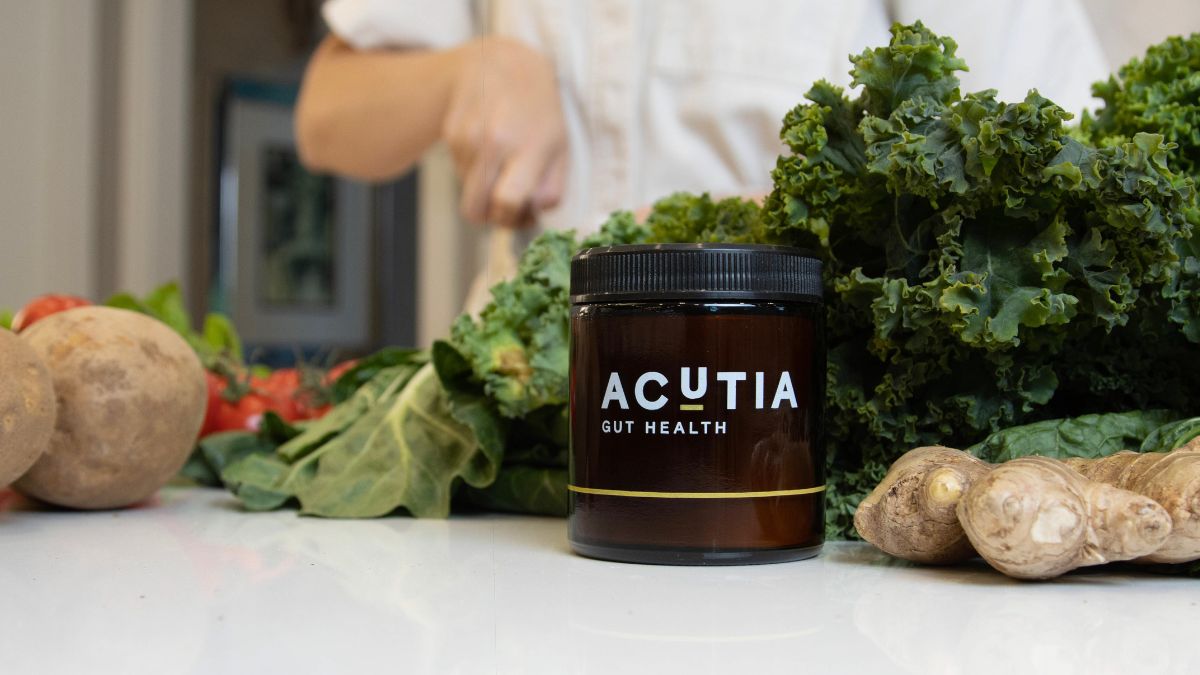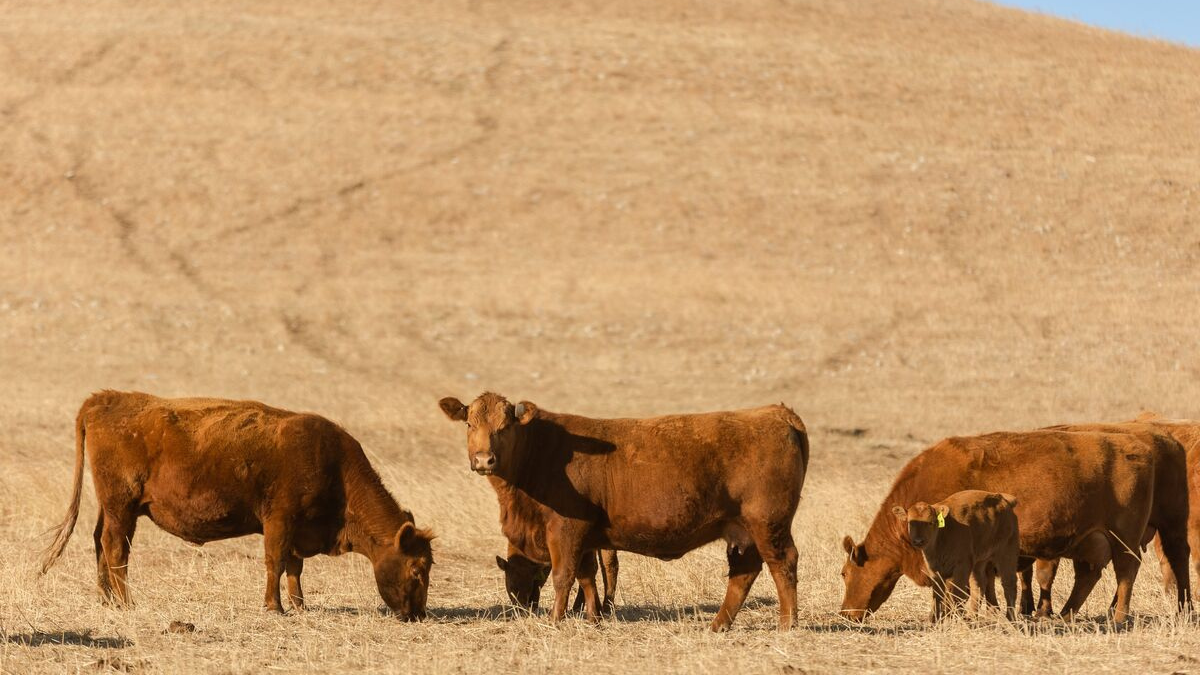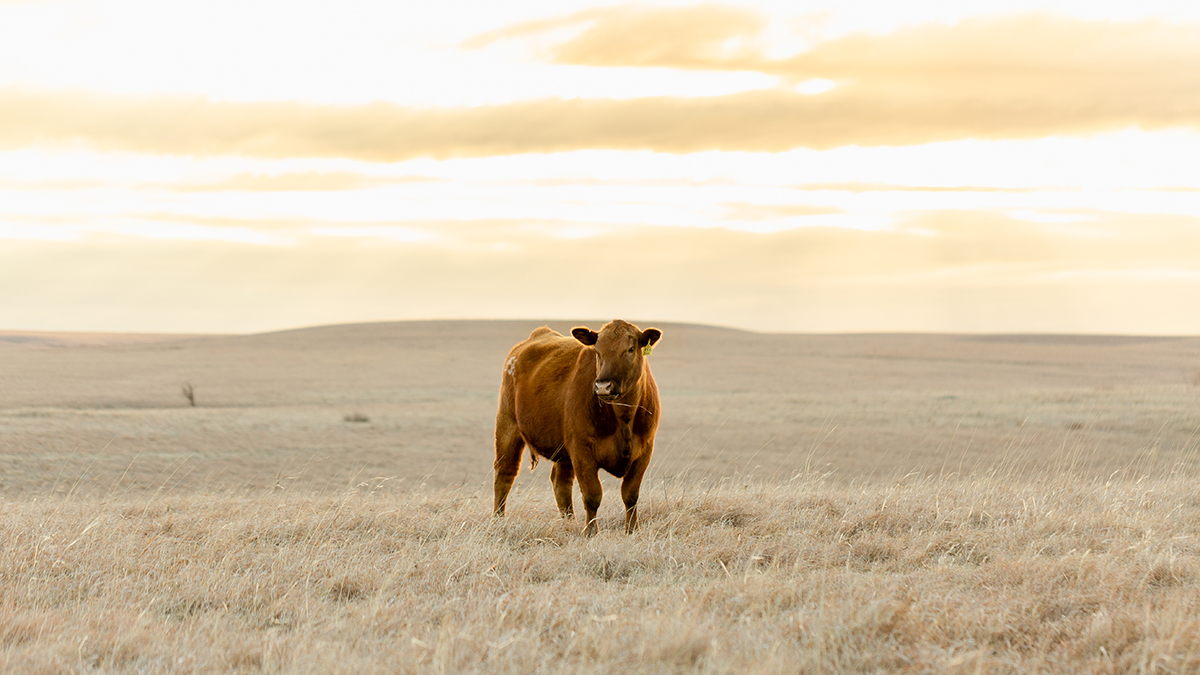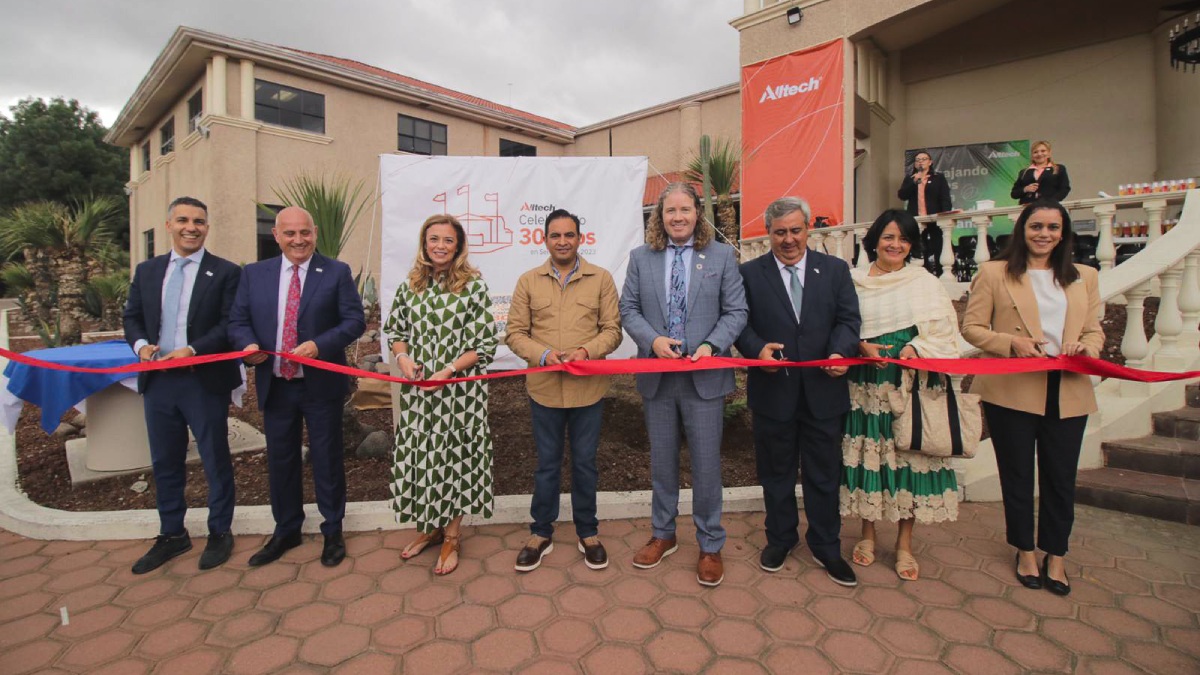Alltech celebrates 30-year anniversaries in Brazil and Peru
Alltech, a leading global animal health and nutrition company, is celebrating 30 years of operations in Brazil and Peru. Alltech’s foundation and growth in South America is linked to the vision of its late founder, Dr. Pearse Lyons, to support the success of agricultural producers and improve the health and performance of the animal, consumer and environment through nutrition and scientific innovation.
“My father saw a lot of potential when he visited South America in the early 1990s,” said Dr. Mark Lyons, president and CEO of Alltech. “He understood that countries like Brazil and Peru would become key markets for agriculture and established our offices. Over the past 30 years, we have continued our development through new investments, construction of new manufacturing plants, acquisitions and organic growth.”
Brazil is the company’s third-largest market in the world and is home to six manufacturing facilities and 1,356 team members. Dr. Mark Lyons led the team in Brazil during construction of Alltech’s largest yeast fermentation plant for animal and agricultural nutrition. Located in São Pedro do Ivaí, Paraná, the plant began operating in 2007 and exports products to 80 countries. Today with 270 employees, the facility produces yeast solutions (Mycosorb®, Bio-Mos®, Actigen®, Nupro®, Bioplex® and Sel-Plex®), organic acids, non-protein nitrogen (Optigen®) and other blends. In 2022, it received the “A” certification of the Paraná Climate Seal from the state government for voluntarily reducing its carbon footprint and adhering to the State Public Registry of Greenhouse Gas (GHG) Emissions to combat climate change.
Alltech Crop Science, initially called Improcrop, started its activities in Brazil in 2000. In 2016, the Alltech Crop Science plant in Uberlândia, MG was launched. Alltech Brazil continued to expand and in 2018, the administrative headquarters of Alltech Brazil, which had operated in Araucária, in Greater Curitiba, was transferred to Maringá, Paraná. Then in 2019, Alltech acquired Guabi, a producer of high-quality feed and premix for a variety of species at four manufacturing facilities in Brazil.
“We started as an innovative company in a consolidated market, but we grew along with Brazil’s search for the international market,” said Paulo Rigolin, Alltech’s vice president for Latin America. “Alltech’s culture fits very well with the Brazilian one; we have learned how to use technologies and global knowledge to adapt to the reality of our customers. It is a very successful story.”
Alltech began operations in Peru in June 1993, in an office located in the Lima district of Miraflores with four employees. Today, this team has grown to 17 top-level professionals, who are responsible for meeting the needs of Peruvian agricultural producers, both in terms of optimizing animal nutrition and health and maximizing crop yields. Alltech Crop Science began its commercial activities in Peru in 2018. Today, these solutions help address the main challenges of local farmers in the production of blueberries, grapes, avocados, among other products.
"We are very pleased to have supported Peruvian producers over the past 30 years to address their main challenges through Alltech solutions and services that are backed by more than 40 years of research and proven effectiveness," said Luiz Folgate, general manager of Alltech Peru. "Today's challenges for the industry are increasingly diverse, complex and unpredictable, so we will continue to contribute to a more efficient agriculture sector and Alltech’s purpose of Working Together for a Planet of Plenty™."
“We are celebrating the first 30 years, but we are already thinking about the next 30 years and the opportunities to continue supporting Brazilian and Peruvian agribusinesses as they positively impact the communities in which we live and work,” said Dr. Mark Lyons. “We export our technologies globally, but we are also very well aligned with the needs of local producers, providing natural solutions and supporting them to be competitive in the world market.”
For more information, visit Alltech.com.

Dr. Mark Lyons and members of the Brazilian team commemorated the 30th anniversary with a special event in Maringá on Nov. 1.






















